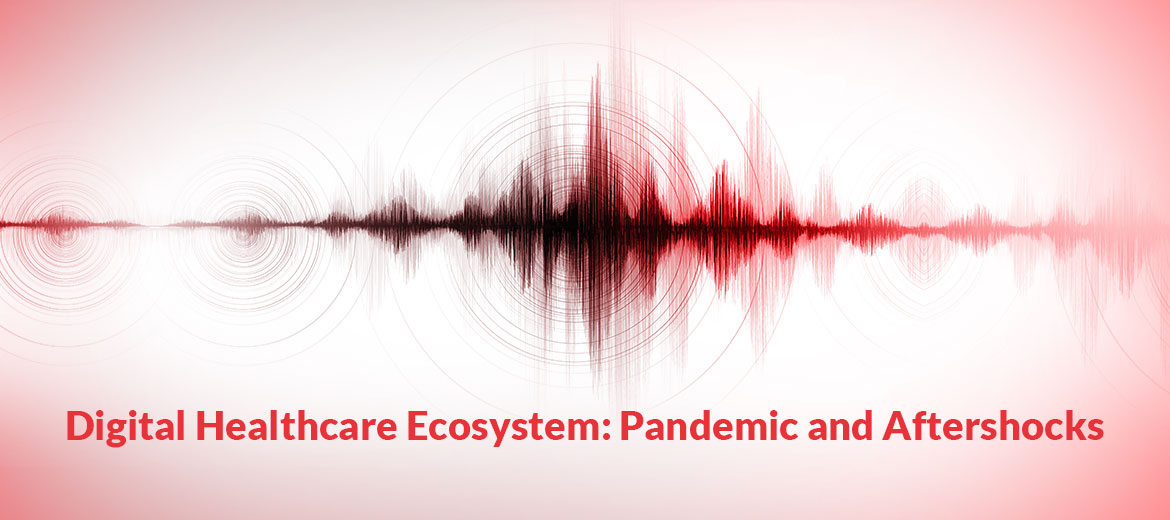Much is being discussed about the security vulnerabilities in the healthcare industry. As the global digital healthcare system finds itself on the cusp of digital transformation, the healthcare records, Intellectual Properties among other forms of sensitive piece of information have become prime targets of cyber criminals.
Indeed, the healthcare industry at the peak of the covid-19 pandemic became the most targeted industry from organized cyber criminals. There were rampant data breaches of sensitive records. Cyber criminals took advantage of weak cyber security measures in place such as inadequate identity and access control mechanism.
Consequently, maintaining the confidentiality and integrity of healthcare data amid increasing targeted attacks has become the growing cause of concern. There are, however, several other reasons that make the healthcare industry vulnerable.
Consider, for example, the misinformation, disinformation and misinterpretation of facts that circulated at uncontrollable proportions during the pandemic. Increased politicisation of the misery, globally, along with the brazen abuse of social media platforms exaggerated the difficulties.
It eroded people’s confidence in the digital ecosystem. It shook the trust of consumers. Hospitals, institutions, and the broader healthcare system seemed as if they had no clear directions. They appeared confused and underprepared to face the challenge. Subsequently, wrong decisions were made, and bad steps were implemented. Inaccurate data sets were being disseminated.
That chaos and no checks on facts along with bumps met by business continuity led to economic pressure. Economic burden resulted in loss of jobs, inadequate investments, shelved expansion plans.
Amid a growing list of challenges, pernicious abuse of sensitive health information will be at the focal point though. This is where it hurts the most in the digital age. And the industry is well aware of the fact given the stringent IT compliance landscape across the world.
Resultantly, the global healthcare players are expected to pump in more investments on cyber security measures. Nevertheless, the broader health sector may find it difficult to regain the trust. SMBs from the sector may feel the heat. Raising finances could be a challenge as all the stakeholders including investors will look at the cyber hygiene of health service providers before doing business. Insurance premiums might increase.
Those healthcare players that have fallen as victim to cyber-attacks will find it difficult to regain the trust of people in general including investors. Lack of resources and loss of revenue could mar the recovery phase. That might, in turn, make vulnerable health service providers more susceptible to cyber-attacks.
The Bottom-line
The aftershocks of the pandemic have exacerbated risks. Health service providers will not only have to regain the trust but also implement rigorous data protection practices.

